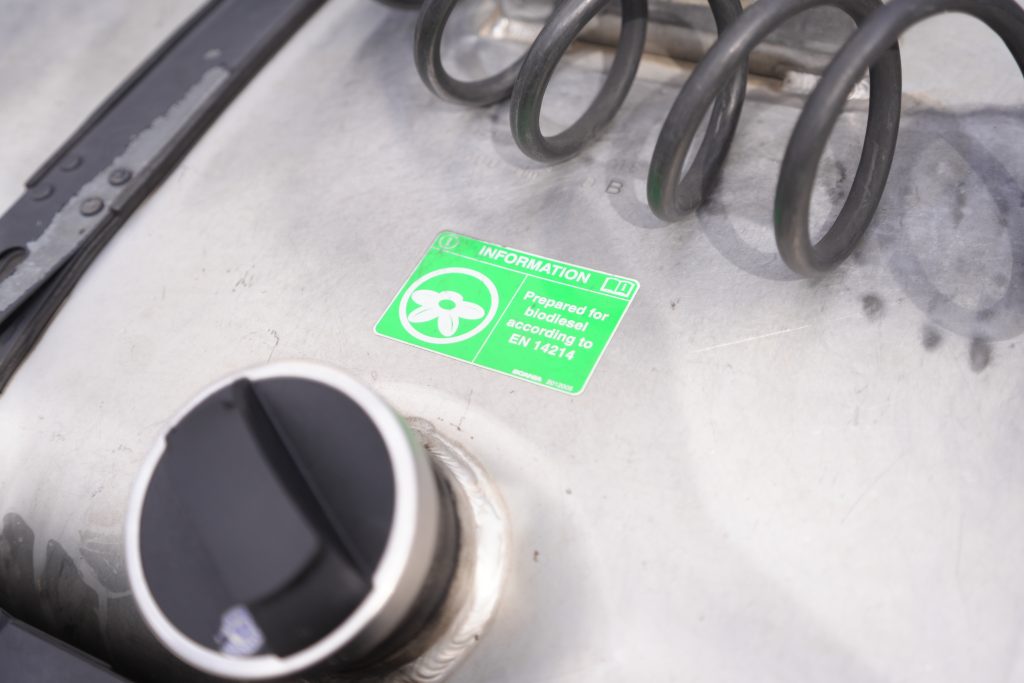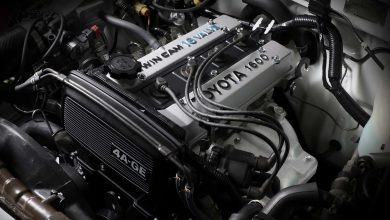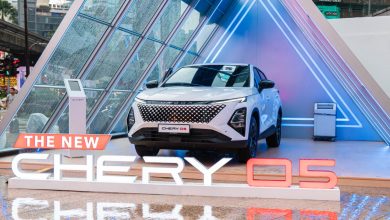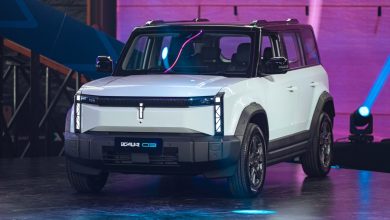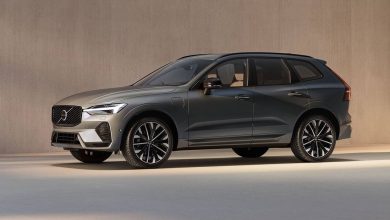KPD & Shell Tests Scania Road Tankers With B100 Biodiesel
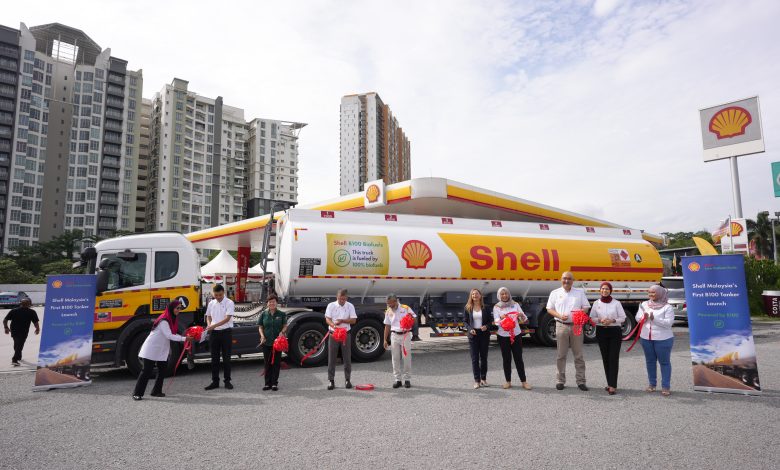
These pair of biodiesel-powered Scania trucks operated by Konsortium Port Dickson aims to reduce overall fleet carbon emissions.
While battery or hydrogen-powered electric trucks are currently gaining traction in the heavy haulage industry, many of the lorries are still to be powered by internal combustion engines. Though the switch from fossil fuels to renewable alternatives could serve as a key in reducing overall carbon emissions, which is exactly what Shell Malaysia and Konsortium Port Dickson Sdn Bhd (KPD) aims to achieve with the recent pilot test of their B100 Biodiesel-fuelled pair of Scania road tankers.
An endeavour supported by the Malaysian Palm Oil Board (MPOB) and the Ministry of Plantation Industries and Commodities (MPIC), Shell Malaysia is currently collaborating with Scania and KPD to pilot test the road tankers in an effort to achieve its net-zero ambitions locally. With the capability to each carry 35,000 and 47,000 litres of fuel but powered solely by more ecologically-sustainable biodiesel, all parties involved are hoping for this pilot test to eventually be scaled up in order to achieve their respective environmental targets
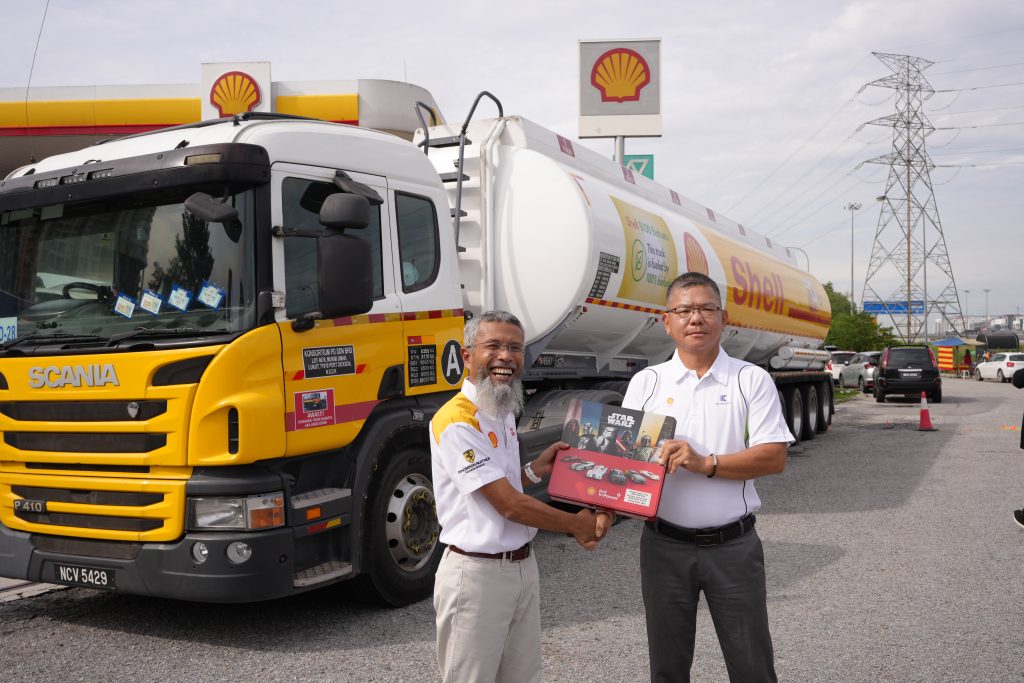
“Reducing emissions across our whole value chain, notably from our vehicles, is essential to managing Konsortium Port Dickson’s climate impact and risk mitigation as a leading bulk petroleum carrier, stated Mr. Richard Tee Chu Wong, Managing Director of KPD. “With our Scania trucks, we can define the areas that need to be prioritized in order to reach our carbon reduction goals,” he added.
Ms. Heba Eltarifi, Managing Director of Scania Southeast Asia meanwhile echoed this sentiment by stating: “Long-term decarbonisation of transportation depends on electrification. Alternatively, switching to renewable fuels from fossil fuels can drastically lower carbon emissions in vehicles with internal combustion engines to help companies achieve Environmental, Social and Governance (ESG) goals. All Scania diesel vehicles that are sold in Malaysia are FAME-prepared to operate on any blend of biodiesel, ranging from B10 to B100.”
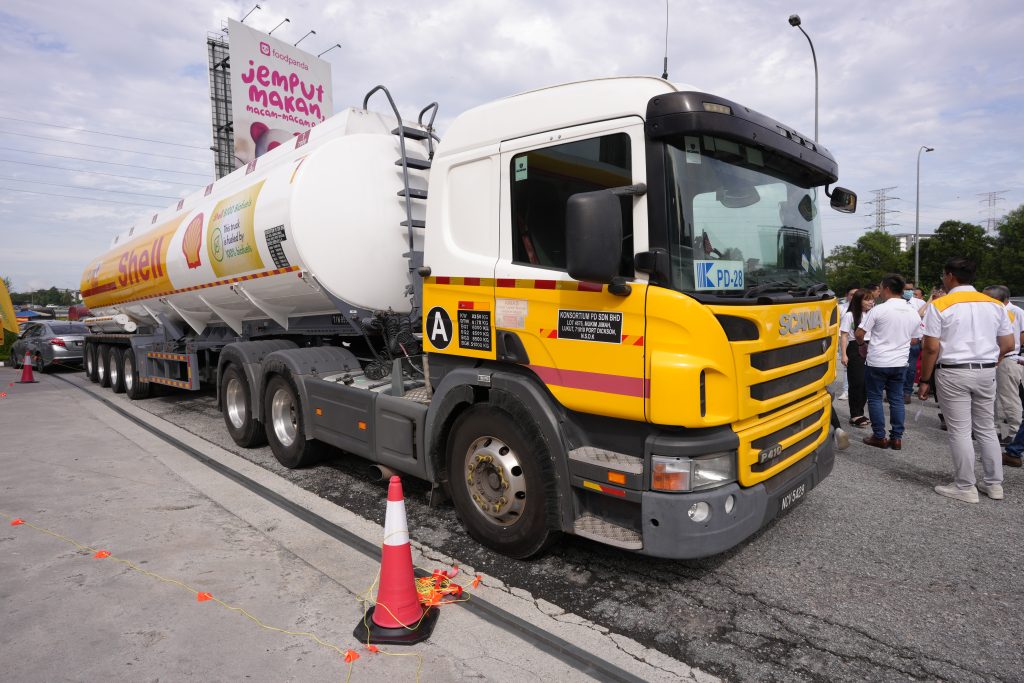
Scania touts itself to be the first in the heavy-haulage industry to make it a standard for all its vehicles to be FAME-prepared up to B100 Biodiesel since 2019, as part of its shift towards a sustainable transport system as part of the Science Based Targets initiative (SBTi). The Swedish commercial vehicle manufacturer also promotes itself to offer the broadest range of engines available on the market that are suitable for running on both renewable and fossil fuels to help achieve carbon reduction, with B100 is one of them.
And just for those who are unsure what B100 Biodiesel is, it is essentially the pure and unblended form of biodiesel that has not been mixed with regular diesel. This form of biodiesel is currently produced from palm oil over here in Malaysia.
